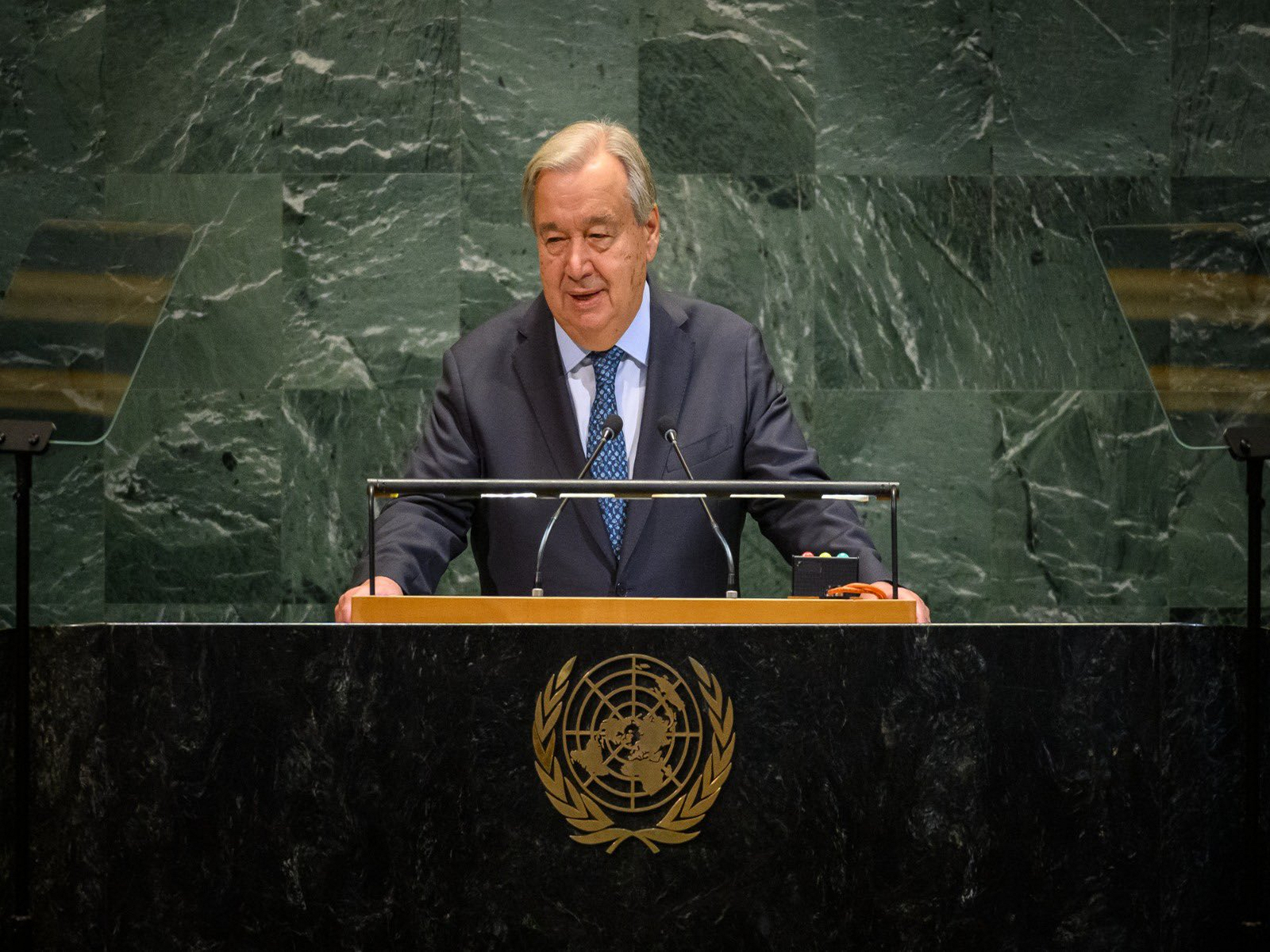Disney Plus censors 'The Simpsons' episode on its platform in Hong Kong
Nov 29, 2021

Washington [US], November 29 : An episode of the long-running American sitcom 'The Simpsons' has been censored by the streaming service Disney Plus in Hong Kong, where the platform launched earlier this month.
According to Variety, the episode showed a visit by the fictional cartoon family to Beijing's Tiananmen Square. Local media in Hong Kong reported that the episode, the 12th in the 2005 16th season, cannot be accessed in the territory.
It's available in other parts of the Asia, or from Hong Kong by use of a virtual private network that allows the user to change their IP address.
The square was the scene on June 4, 1989 of a student uprising which was put down with lethal force and gave rise to the famous 'tank man' photographs of a protester trying to defy oncoming military hardware. Several hundred, possibly thousands, of protesters were killed.
The incident has been heavily censored within mainland China ever since and it is estimated that a large proportion of the population has no knowledge of the events. In contrast, activists in Hong Kong have kept alive the memory for many years, holding large public vigils and erecting a prominent statue at a local university.
Variety reported that the recent enactment of a new film censorship law has already been used to ban government-critical films at a festival. Also foreign journalists, even for big publications, have not been allowed to renew their Hong Kong work visas.
The decision process behind Disney's removal of 'The Simpsons' episode, whether this is a case of corporate self-censorship or whether the company was ordered to make the cut, is currently unknown.
As per Variety, that's because although streaming services are not covered by the new film censorship amendment, the National Security Law, which bans subversion, secession, terrorism and collusion with foreign forces, asserts global jurisdiction. Preventing an offending program from being accessed in Hong Kong alone may not then be deemed a sufficient remedy.




















